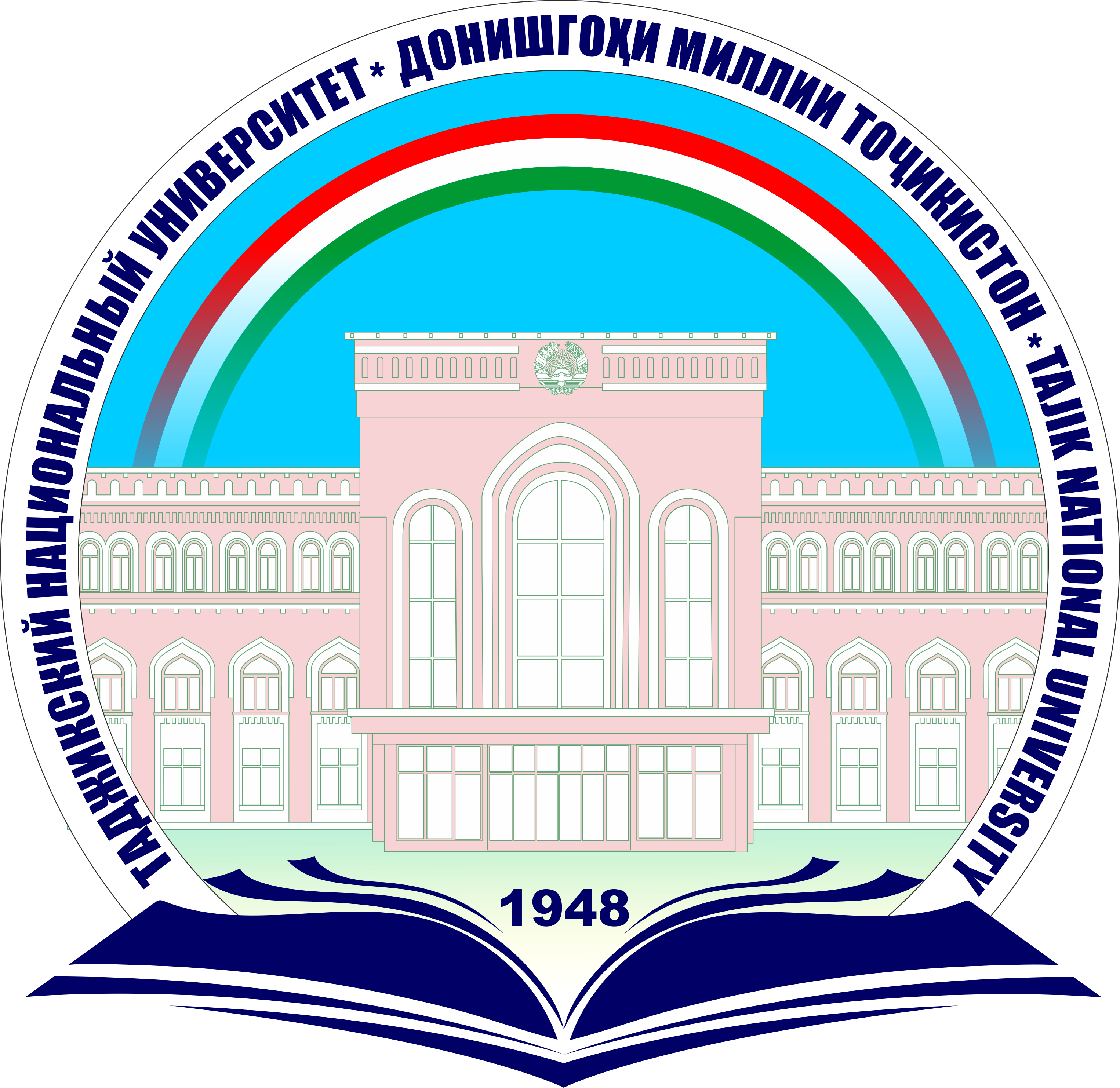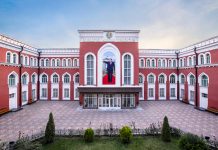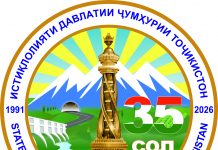In the recent history of Tajikistan, one of the brightest pages of political history can rightfully be considered the acquisition of state independence. The best and most important action for the development of the country’s independence is the holding of the 16th session of the Supreme Council of the Republic of Tajikistan (twelfth convocation) on November 16, 1992 in the Arbob Palace in the ancient city of Khujand.
This session and its legal documents played a decisive role in the protection of national statehood and the development of democratic institutions in Tajikistan. That day and night, the new leadership of Tajikistan, after studying and comprehensively analyzing the situation, started effective and purposeful work in order to free the country from the political, economic and social crisis.
The 16th session entered the history of the Tajik people as a turning point towards the end of the fratricidal war, the stability of the Tajik nation, the formation of a law-based, democratic and secular state in Tajikistan.
This effective actions started after the election of Honorable Emomali Rahmon as the Chairman of the Supreme Council of the Republic of Tajikistan. In his first speech, the leader of the nation, Honorable Emomali Rahmon, said: “I am a supporter of a democratic and law-based state.”
At the meeting, the heads of the committees and commissions of the Supreme Council, the Chairman of the Council of Ministers and members of the Government were re-elected. In general, the 16th Session of the Supreme Council approved 74 laws, decisions and orders, which laid the foundation for strengthening the foundations of statehood, the development of democratic structures, strengthening public consensus and national unity, and created the trust and confidence of the Tajik people and the international community.
According to Article 109 of the former Constitution, the Chairman of the Supreme Council of the Republic of Tajikistan was considered the Chairman of the Government of the Republic of Tajikistan and the Commander-in-Chief of the Armed Forces of the Republic of Tajikistan. It was considered appropriate to form a Council of Ministers instead of the Cabinet of Ministers.
Therefore, the Draft Law of the Republic of Tajikistan “On Amendments to the Constitution (Basic Law) of the Republic of Tajikistan” was discussed and adopted. Now, among the sessions of the Supreme Council, the highest authority of the people was the Board of the Supreme Council, which managed the state in a general way.
In order to stabilize the situation, establish peace and strengthen state power in Tajikistan, the Chairman of the Supreme Council, Honorable Emomali Rahmonov, appealed to the Supreme Council of the Russian Federation, the Republic of Kazakhstan, the Republic of Uzbekistan and the Kyrgyz Republic and asked them to send joint peacekeeping forces to Tajikistan. With this action, Honorable Emomali Rahmon strengthened the international relations of Tajikistan.
In order to end the internal war, prevent the national tragedy and the destruction of the economic, social and political foundations of the state, strengthen peace and harmony, mutual understanding and cooperation of various groups, public organizations and political parties, ensure the smooth functioning and strengthening of state bodies, the Supreme Council of the Republic of Tajikistan, taking into account the principles Humanity decided that persons who committed crimes or illegal actions between March 27 and November 25, 1992 in the areas of armed opposition should not be held criminally, disciplinarily and administratively liable.
These important documents and the adoption of the Law “On Refugees”, which guaranteed them personal security and financial assistance and possible benefits, once again proved that the new leadership of the Government of Tajikistan, headed by Emomali Rahmonov, is in favor of peace and tranquility and is determined to build a law-based and democratic society. he tries to protect the human dignity of every individual as his primary duty.
In the session, a government was established, which under the leadership of Honorable Emomali Rahmonov was able to put out the fire of the civil war in a short period of time, restore the paralyzed structure of the government, especially the law enforcement agencies, establish the National Army and border guard forces, send the majority of refugees and forced migrants to Return the homeland and implement constitutional reforms in the country.
In a short period of time, in all cities and districts, the bodies of the State Committee for National Security and the police were reorganized, and they were provided with weapons and ammunition. Hundreds of patriotic young people were mobilized for the work of these authorities. Despite the economic crisis, the Head of State started to establish the National Army and took specific measures to strengthen the southern borders of Tajikistan.
The Board of the Supreme Council and the Council of Ministers adopted a series of decisions and orders with the aim of improving the life of the people. General amnesty, collection of weapons, fight against crime, providing people with food, first of all, flour and oil, increasing salaries, strengthening relations of our republic with foreign countries and international organizations, etc. were among the issues that were resolved. Local governments, which had essentially disappeared in many districts, were restored.
Considering the above, it can be concluded that the new legislative period of the country started with this fateful session, and in general, the 16th Session of the Supreme Council carried out the important measures.
Tagoev Bahrom Dustмаhmadovich, PhD in Economics, Associate Professor, Head of the Department of National Economy and Economic Security at Tajik National University









